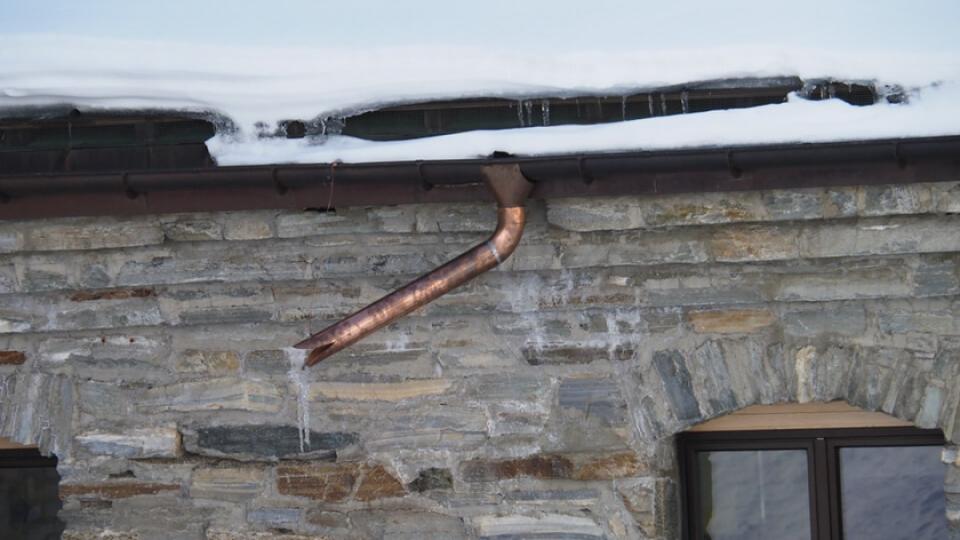Proper insulation and preventive measures against frozen pipes are vital during the winter season. Understanding the science behind why pipes freeze and burst is key to implementing effective preventive strategies. When water freezes, it expands, causing immense pressure on the pipes. This pressure can lead to cracks, leaks, and even pipe bursts, resulting in costly repairs and property damage.
Identifying the Vulnerable Pipes
To ensure the protection of your plumbing system, it is essential to identify the vulnerable areas where pipes are susceptible to freezing. Exposed exterior pipes and outdoor faucets are particularly at risk due to their exposure to the cold air. Additionally, pipes located in unheated areas such as basements, attics, and crawl spaces are prone to freezing as well.
Insulating Techniques for Winter Protection
Insulating pipes is an effective measure to safeguard them from freezing. Pipe sleeves and heat tape can be used to provide a protective layer around the pipes. These insulating materials help retain heat and prevent freezing. Another option is to use foam insulation and fiberglass wraps to provide additional insulation and reduce heat loss, ensuring the pipes remain above freezing temperatures.
Sealing Air Leaks for Added Protection
Sealing air leaks in your home is crucial for preventing cold drafts from entering and causing pipes to freeze. Detect any air leaks by carefully inspecting and caulking around windows and doors. Weatherstripping gaps in walls and floors can also help in keeping the cold air out. Pay special attention to sealing gaps around utility penetrations, such as where pipes enter the house. By properly insulating exterior openings, you can prevent freezing and minimize the risk of costly damage.
Maintaining Consistent Indoor Heat
Maintaining adequate indoor heat during the winter is paramount for preventing frozen pipes. Set your thermostats above freezing temperatures to ensure a warm environment for the pipes. Utilizing programmable thermostats can help regulate temperatures efficiently while saving energy. Pay attention to unoccupied spaces as well, and take measures to heat them. Opening cabinet doors allows warm air to circulate and reach the pipes. Consider using space heaters in unheated areas for additional warmth and pipe protection.
Dripping Faucets as a Preventive Measure
Allowing faucets to drip slightly can help prevent freezing. The science behind this technique is that the movement of water resists freezing, reducing the chances of pipes becoming ice-bound. While it may seem counterintuitive from a water conservation standpoint, a slight drip from faucets can be a worthwhile preventive measure during colder temperatures. However, monitor your faucets regularly to ensure there are no plumbing issues or water leaks that require attention.
Draining and Disconnecting Outdoor Water Sources
Outdoor faucets and hoses are susceptible to freezing during winter. To prevent damage, it is crucial to properly winterize them. Turn off the water supply to exterior faucets and drain any remaining water. Disconnect and store hoses in a dry place to prevent freezing. Additionally, take necessary steps to protect outdoor equipment, such as sprinkler systems, irrigation lines, and fountains. By addressing these outdoor water sources, you can mitigate the risk of frozen pipes and potential damage.
Seeking Professional Assistance
While many preventive measures can be implemented independently, certain situations may require professional assistance. If you have a complex plumbing system or older pipes, it is advisable to consult a licensed plumber. They can provide expert advice on advanced preventive measures and installations to ensure comprehensive protection. Furthermore, scheduling annual maintenance checkups with a professional plumber can detect and address potential vulnerabilities, providing long-term peace of mind.
In conclusion, preventing frozen pipes is of utmost importance during the winter months. By understanding the risks, insulating vulnerable pipes, sealing air leaks, maintaining consistent indoor heat, utilizing dripping faucets, and taking necessary steps for outdoor water sources, you can significantly reduce the likelihood of pipes freezing and bursting. In situations that necessitate expertise, consult a licensed plumber and consider scheduling annual maintenance checkups to ensure comprehensive protection. With these preventive measures in place, you can enjoy a winter season free from the worries and costs associated with frozen pipes. If you are in need of help reach out to a TrustDALE certified professional for all your plumbing needs and don't forget you're always protected by The TrustDALE $10,000 Make It Right Guarantee™.

